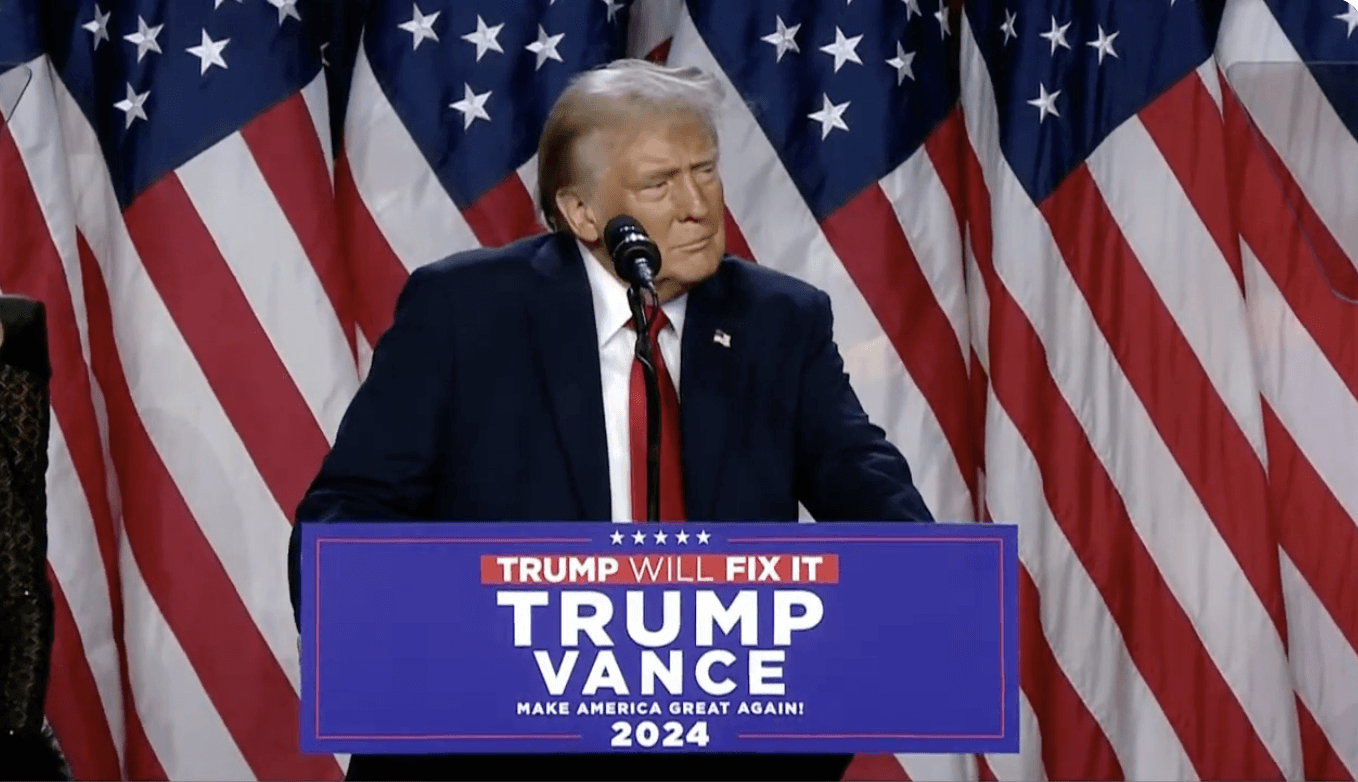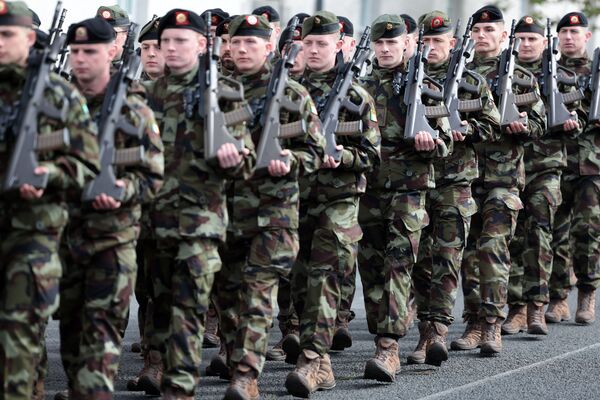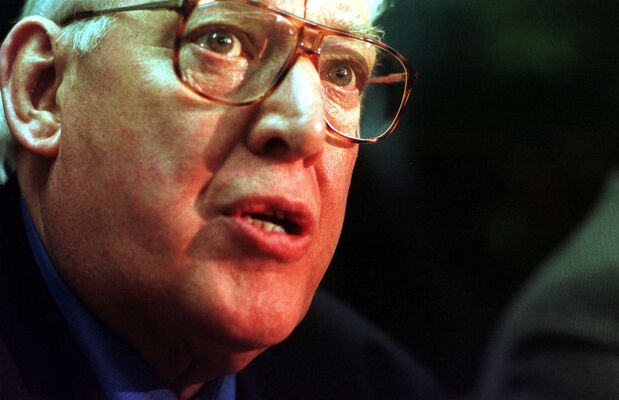THERE are things we don’t like to think about, much less talk about. Maybe that’s what happened to a lot of commentators during the recent US Presidential election. They really really didn’t want Donald Trump to win, and they had this weird notion that if you didn’t think or talk about a Trump victory, it wouldn’t happen. All the commentators and pollsters and wise guys kept telling us that this election was so tight, if you listened you’d hear it creak.
Nice try, guys.
I had my whole Wednesday planned: I’d park myself in front of the telly and bite my nails as the results came slowly in, taking maybe a couple of days to complete, maybe even longer.
It wasn’t to be. The man who’d mocked his opponent Kamala Harris as having a very low IQ; the man convicted of several crimes, sexual and political; the man who talked about shooting Liz Cheney in the face – that man was embraced by the American people, hugged to their bosom, and sent back to the White House for a second term. The people had spoken, the bastards.
So how did he win? The same people who told us it was a squeaky tight race are now trying to examine the entrails and make sense of what happened. (Which incidentally was the title of Hillary Clinton’s book after she lost to Trump – 'What Happened'.) Well, apparently the college graduates voted for Kamala and the non-college graduates voted for Trump. Which may be, but explains nothing: I know lots of people with college degrees who may not be dumber than a lump of coal but they’re certainly no smarter.
There are lots of other explanations: Immigration, inflation, the economy, Latinos – take your pick. The point is the world is stuck with Trump for the next four years. The only catch being, you could then be looking at Trump’s Vice-President, JD Vance.
He's the guy who said Trump was potentially “America’s Hitler”. The VP-to-be said: “Trump is cultural heroin. He makes some feel better for a bit. But he cannot fix what ails them, and one day they’ll realise it." Further, he claimed that Trump was “leading the white working class to a very dark place” and that his campaign promises ranged “from immoral to absurd”. He concluded with “My God, what an idiot!”
That’s his boss and the soon-to-be President of the United States he’s talking about. Batten down the hatches.
Meanwhile, the South of Ireland’s election is clearing its throat. The first gaffe was by Michael O’Leary at the launch last week for Fine Gael candidate Peter Burke.
"The Dail is full of teachers... but I wouldn’t generally employ a lot of teachers to go out and get things done."
Hasty sounds of Fine Gael leader Simon Harris scurrying to keep teachers onside, describing O’Leary’s comment as “crass and ill-informed". But you could tell Simon’s heart wasn’t in his condemnation. Fine Gael is the party of business, and he couldn’t afford to speak too critically of one of the business world's stars.
How will the three big parties do in the election?
Polls tell us that Fine Gael is between 22 per cent and 25 per cent, followed by Fianna Fáil between 20.5 per cent and 24 per cent, and Sinn Féin at 17.5 per cent to 20 per cent.
If you detect a note of nervousness in the pollsters’ figures, maybe that’s because in 2020, they had Fianna Fáil on 25 per cent, Fine Gael on 23 per cent and Sinn Féin on 21 per cent. After the votes were counted, Fianna Fáil had lost six seats, Fine Gael lost 15 and Sinn Féin gained 14.
There’s a lesson there, for the US, the South of Ireland and all of us: Put not your faith in pollsters.








